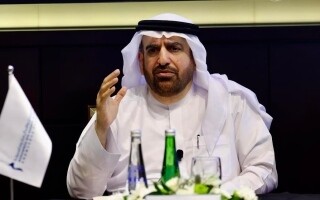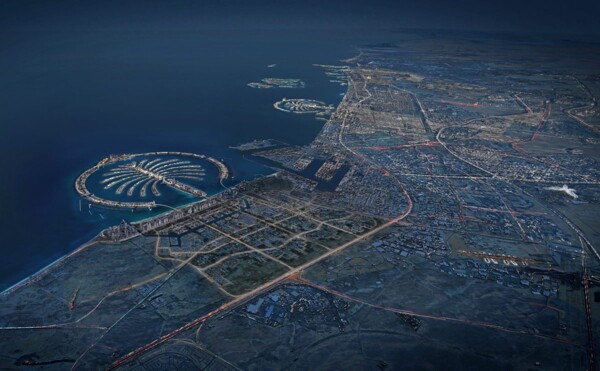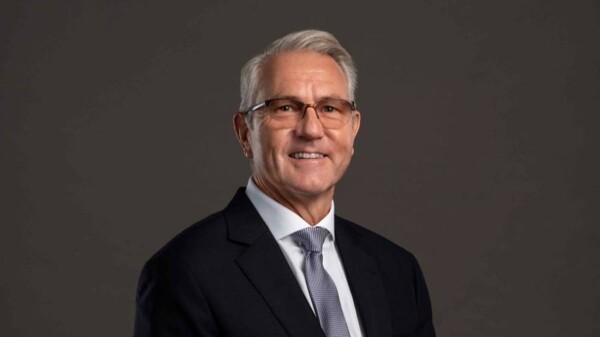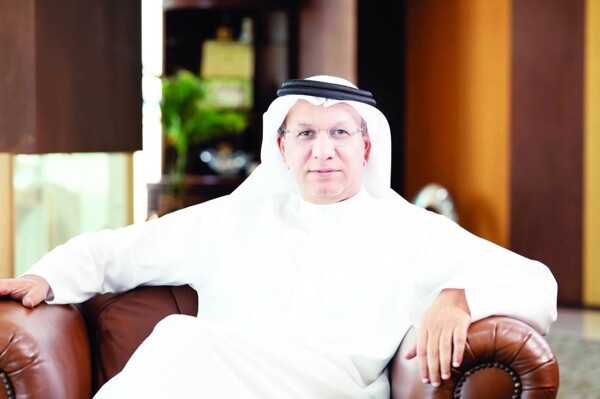
The Mohammed bin Rashid Al Maktum Knowledge Foundation has announced the expansion of the scope of the Global Knowledge Index 2025, which now covers 195 countries compared to 141 in the previous edition, an increase of 54 new countries, or about 38%. The foundation is currently working on a comprehensive development plan to expand the horizons of the Knowledge Summit over the next ten years, as part of a strategic vision to cement its position as a leading global platform for spreading knowledge and shaping the future. In detail, the foundation's Executive Director, Jamal bin Huairib, told "Emirates Today" that the new plan focuses on strengthening international partnerships, expanding the network of cooperation with intellectual and scientific institutions worldwide, and keeping pace with rapid changes in vital sectors. This ensures that the Knowledge Summit remains a hub for innovative ideas and a platform for producing effective knowledge-based policies. He added that these directions aim to empower decision-makers to formulate development strategies based on knowledge, innovation, and future-readiness, in line with the leadership's vision of building a sustainable knowledge economy. The tenth edition of the Knowledge Summit is an extension of a rich journey of intellectual discussions and knowledge-based projects that began in 2014, but this year it offers a new perspective based on the realities of 2025, after the fundamental changes brought by artificial intelligence in the world over the past three years. He emphasized that the coming years will witness faster and deeper changes, requiring countries, institutions, and leadership to achieve true proactive readiness. In a separate comment, the Chief Technical Advisor and Head of the Knowledge Project at the United Nations Development Programme, Dr. Hani Turki, told "Emirates Today" that the index's scope has been expanded to 195 countries instead of 141 in the previous edition, an increase of 38.3%, making it the most comprehensive since its launch. He added that the main sectors were restructured from seven to six to increase focus on the vital areas that form the core of sustainable development, along with a comprehensive overhaul of the enabling environments system, which are fundamental pillars of the index. He explained that the updates also included improving the measurement methodology and reducing the number of variables from 155 to 115, ensuring a better balance between comprehensiveness and analytical accuracy, and making it easier to compare countries. He confirmed that the index, launched in 2017, has undergone many developments to keep pace with global transformations in knowledge societies and modern industrial revolutions, including the fourth and fifth industrial revolutions, as well as major shifts in data and technology. He noted that the periodic review of the index has become a necessity to ensure its accuracy and the realism of its content, pointing out that the first review was conducted in 2021, four years after its launch, followed by subsequent reviews that revealed large data gaps and the discontinuation of many key variables used to measure global knowledge. He affirmed that this year's edition of the Global Knowledge Index has undergone a methodological update that enhances its accuracy and comparability across countries by adding a new set of sub-indicators, developing their statistical weights, and integrating new criteria for measuring readiness to build knowledge societies and economies through the sectors of education, research and development, innovation, information technology, economy, and finally, environment, society, and good governance. This update aims to provide decision-makers with a more effective tool for mapping short and long-term strategies to address challenges and achieve sustainable human development. He added that the information and communications technology sector has undergone fundamental changes in the variables measuring the industrial revolution and technological development, which required the project team to develop a flexible methodology capable of translating these changes into a new edition of the index.













